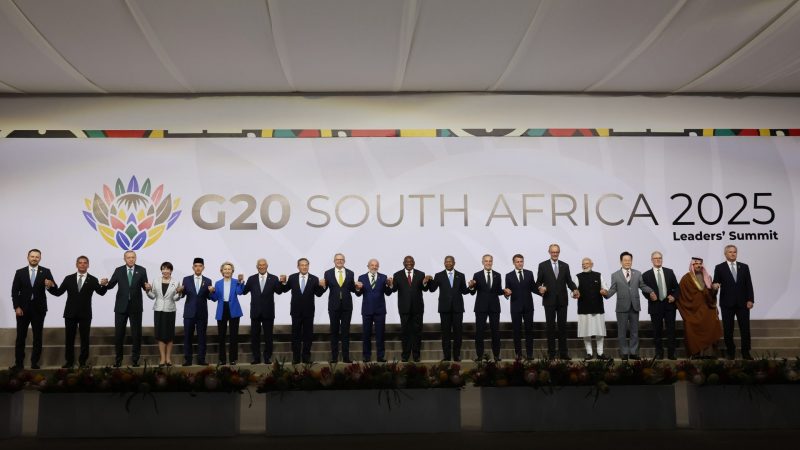The extraction of natural resources in Africa, such as oil, gas, diamonds and gold, is a critically important issue for the development and self-reliance of the continent. We spoke to the head of the Governance of Africa’s Resources Programme at SAIIA, Oladiran Bello, about measures to ensure that revenues from this booming industry can be transparently and effectively managed.
We asked him:
- Could you tell us how you see the governance of extractive industries changing on the continent?
- What are some of the major policy questions that need to be addressed?
- On a global level, the Extractive Industries Transparency Initiative (EITI) is an attempt to set guidelines for extracting oil, minerals and metals. Should we be concerned about the fact that South Africa is not a signatory to this initiative?
Selected Resources:
Opinion and Analysis
- The Kimberley Process after South Africa: into uncharted territory, by Oladiran Bello (25 November 2013)
- South Africa should leverage the Extractive Industry Transparency Initiative (EITI), by Oladiran Bello (21 May 2013)
- The New EITI Standard and the role of civil society, by Mari-Lise du Preez and Alex Benkenstein (04 June 2013)
- Resource geopolitics fuelling external rivalry in the CAR, by Oladiran Bello (17 April 2013)
Publications
- Assessing Competitive Resource Tenders as an Option for Mining Rights Allocation in South Africa, by Oladiran Bello, Alex Benkenstein and Ross Harvey, SAIIA Occasional Paper No 159 (November 2013)
- Towards Understanding South Africa’s Differing Attitudes to the Extractive Industries Transparency Initiative and the Open Governance Partnership, by WR Nadège Compaoré, SAIIA Occasional Paper No 146 (May 2013)
- Is the Extractive Industries Transparency Initiative Relevant for Reducing Diversions of Public Revenue? The Mozambican Experience, by Rogério Ossemane, SAIIA Policy Briefing No 61 (January 2013)







